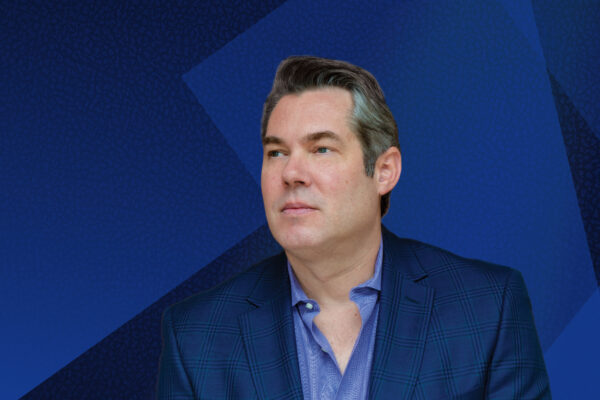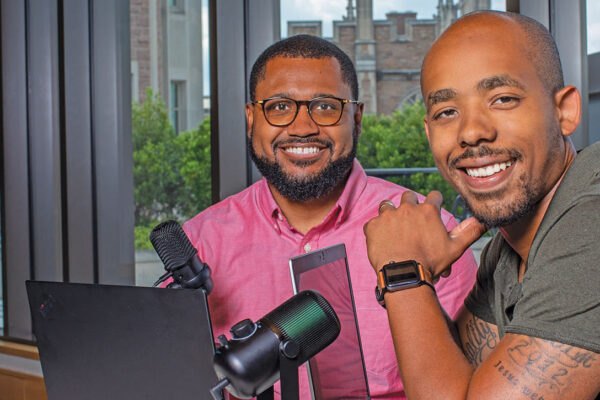As a citizen of the Cherokee Nation, Lisa G. Byers, MSW ’98, PhD ’05, is no stranger to historical trauma passed down through generations.
Byers says her grandmother, who helped raise her, impressed upon her at a young age the strength and sorrow of her roots. “She was the conduit for Cherokee culture,” Byers says. “She also told me stories about the oppression of our people, including the Trail of Tears, and what that meant.”
Byers’ own family was touched by poverty and trauma, she says, in part because of her mother’s painful experiences at an American Indian boarding school. Created to assimilate and strip culture from indigenous people, these schools have come under scrutiny after hundreds of children’s graves were discovered at similar schools in Canada.
Today, Byers, an associate professor at the Anne and Henry Zarrow School of Social Work at the University of Oklahoma, shows her social work students how to react to their clients’ historical trauma. “When a native person comes into their office, it’s important that social workers not put their own guilt and shame on the client,” she says. “To best serve clients, we must put them in the best place possible.”
Byers teaches courses in a graduate certificate program that focuses on social work for American Indians, and she is happy to see the program’s growing tribal diversity. “When I get an email that says, ‘Thank you for being unapologetically indigenous,’ that’s what really stirs my heart,” she says.
Byers also wants her students to understand the wisdom and importance of traditional tribal healing methods. “We don’t isolate mental health and substance abuse,” she says. “We see it holistically as related to physical health, spiritual health.”
About 25 years ago, Byers’ desire to study indigenous mental health drew her to the graduate program at the Kathryn M. Buder Center for American Indian Studies in the Brown School. The Buder Center is a scholarship program committed to the education of American Indian students earning master’s degrees in social work.
Byers says starting graduate school with a 1-year-old son was very difficult. “Thankfully, I was a Buder Scholar, and we were a tight-knit group. They were a major source of support.”
“My mother went to a school where she lost her language and encountered immense abuse and assimilation pressure. Now, my daughter is going to a public school that has enabled her to enrich her cultural knowledge.”
Lisa G. Byers
Byers now has three children. Her youngest attends a public elementary school in a suburb within the boundaries of the Cherokee reservation. (In a sign of hard-fought progress, public schools within those boundaries now offer Cherokee cultural lessons and activities.)
“My mother went to a school where she lost her language and encountered immense abuse and assimilation pressure. Now my daughter is going to a public school that has enabled her to enrich her cultural knowledge.
“We still have struggles, but we also have many strengths; so don’t look at us with pity,” she says. “I call it a quiet revolution that we have this graduate certificate, that we have these classes, that I’m here. Growing up so poor, I was really not supposed to be here.”


